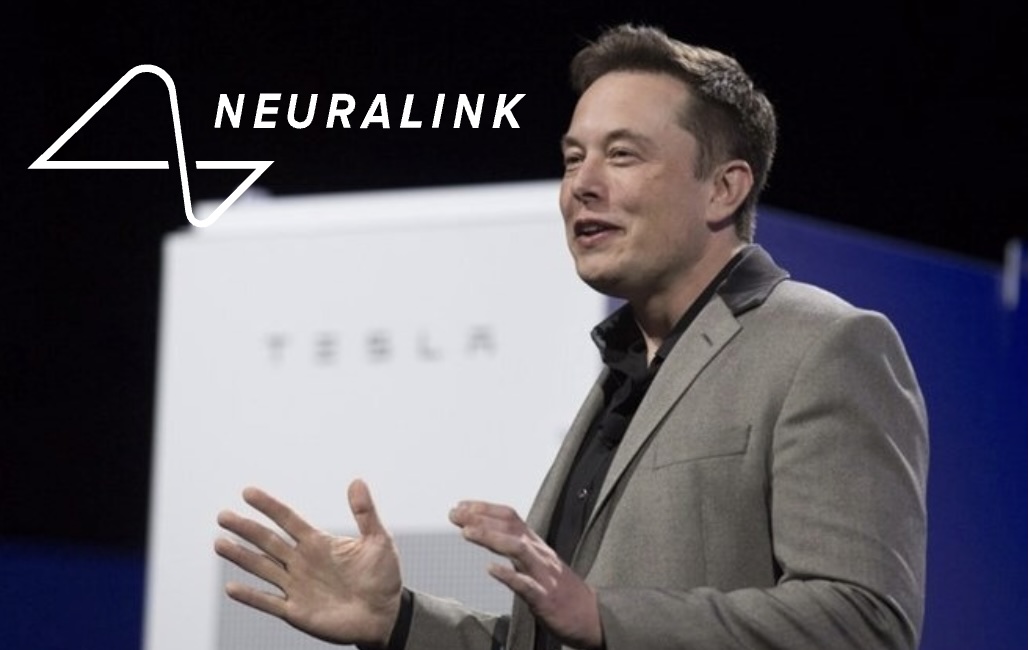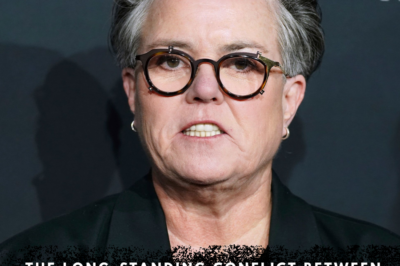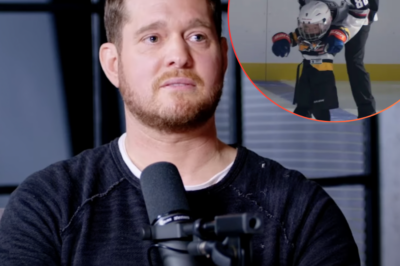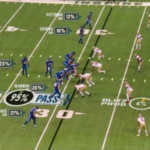$9 billion tech company once applied for preferential treatment because it was a ‘small business’

Neuralink has yet to respond to the incident in which it declared itself a “disadvantaged small business” shortly before its $9 billion valuation. Photo: Xinhua
Neuralink – Elon Musk’s technology company once declared itself a “disadvantaged small business” shortly before being valued at $9 billion after a large funding round.
A filing on April 24 with the US Small Business Administration (SBA) shows that Neuralink has requested to be recognized as a “disadvantaged business” (SDB). This designation is often given to companies whose owners are socially and economically disadvantaged, giving them priority access to federal government contracts.
The information was first published by MuskWatch. At the time of the filing, Elon Musk was leading the Trump administration’s Department of Government Efficiency (DOGE), where he pursued a policy of reducing the size of the federal bureaucracy and reviewing policies that prioritize DEI (diversity, equity, and inclusion).
The fact that a company backed by the world’s richest man is seeking preferential treatment for “disadvantaged businesses” has sparked controversy. The US Department of Justice has previously fined several companies for fraudulently claiming to be SDBs to take advantage of the policy.
Neuralink is developing a brain-computer interface (BCI) that allows humans to control machines with their thoughts. The initial goal is to help patients with motor paralysis communicate and control devices independently.
In early June, the company raised $650 million from major investors including ARK Invest, Sequoia Capital, Thrive Capital and Peter Thiel’s Founders Fund. With this capital, Neuralink aims to expand clinical trials and promote the connection between biological intelligence and artificial intelligence.
News
The long-standing conflict between Rosie O’Donnell and Donald Trump flared up again after she called for the president to resign.
Rosie O’Donnell demands Trump’s removal from office over Kennedy Center honor in latest tirade White House previously said O’Donnell suffers…
Ella Langley Just Accomplished Something No Other Solo Female Country Artist Has in This Decade
Ella Langley has added another entry to the record books. The country singer’s track “Choosin’ Texas” has been collecting records…
Blake Shelton and John Legend’s Christmas party was chaotic. And the Christmas tree wearing a tattered cowboy hat was the highlight!
Blake Shelton’s Christmas Tree Topper Had John Legend Frazzled: “What Is This?” If only The Oddest Couple, starring The Voice Coaches, became a…
MICHAEL Buble has given fans a rare glimpse into his home life following his shock departure from The Voice.
Michael Buble gives rare glimpse into his home life as he releases surprise documentary after leaving The Voice The singer, 50, stepped…
The lawsuit involving a woman claiming to be Miley Cyrus’s mother has become even more outrageous after she decided to reveal the truth about the story.
Woman Who Claims To Be The Mother Of Miley Cyrus Reveals Why She Chose That Name…Except Miley Isn’t Actually Her…
The country singer admitted that he not only swam naked in Jason Aldean’s pool but also urinated in it.
Country music star admits he went skinny dipping and peed in Jason Aldean’s pool Country music singer Tyler Farr revealed…
End of content
No more pages to load












